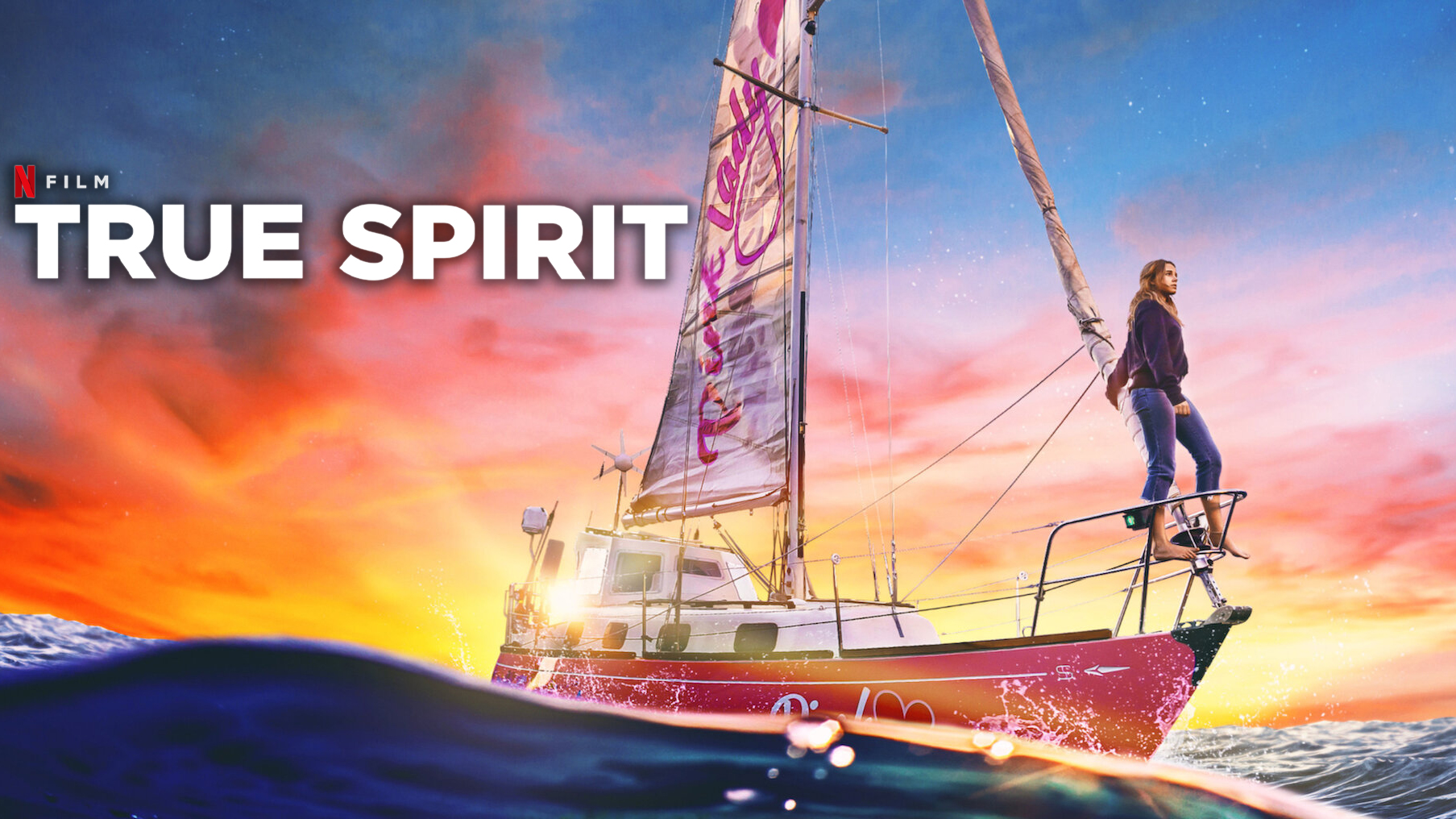Netflix released True Spirit Friday, a film based on Jessica Watson, who was once the youngest person to attempt to sail nonstop and solo around the world. From its cheesy script to its unrealistic effects, the movie takes real events and turns them into what seems like a fake story.
The movie is based on Watson’s book with the same title. In October 2009, the 16-year-old left for her sailing trip and returned in May 2010, marking a seven-month trip and sailing about 18,582 nautical miles. During her trip, she crossed the Pacific, Atlantic and Indian oceans, as well as over the equator.
The movie follows the structure of many others that follow a person on a long, solo journey such as 127 Hours or Life of Pi. It establishes Watson’s, played by Teagan Croft, love for the ocean and her dream of sailing the world from a young age. Then, it introduces the conflict: The media distrusts her and wants to stop her from going, and her parents express worry about her safety, especially after an accident on one of her test runs.
[Need something to watch for Black History Month? Here are seven essential viewings.]
However, her guide Ben, played by Cliff Curtis — a fictional character included to represent the many people who helped Watson in real life — helps her get out on the water before she can be stopped.
From this point on, the movie has a very romanticized, scrapbook-moment feel, guiding you through the timeline of Watson’s goal and highlighting dates on the corner of the screen. There’s both good and bad moments on her journey, from crossing the equator to getting stuck in a storm.
The movie hurries through her daily experiences, focusing intently on a few key moments that highlight her overall experience. Even in the tough moments, the movie never depicts Watson as being very scared or uncoordinated, making it feel a little too picture-perfect.
It is obvious most of the filming of the main character on her boat was done with a green screen. While the weird ocean-sky background with CGI whales and dolphins threw me off, the cheery but unrealistic vibe fits with the early 2000s movie style, lighting and color.
[Review: ‘You People’ explores love and race relations with a timely commentary]
The World Sailing Speed Record Council requires 21,600 nautical miles to claim circumnavigation around the world. The journey is not considered an official record because the council also discontinued its “youngest” category before Watson’s journey, and there is some controversy as to whether Watson can claim this.
True Spirit does not acknowledge this controversy, but ends the movie right after Watson returns from her journey, closing with original footage of her return. In it, thousands of people line the Sydney Harbour, cheering and waving as Watson pulls into the dock.
The movie adaptation of this real story fails to make this inspiring story seem realistic and because of this, it doesn’t feel as uplifting as it could. But at its core, the message of True Spirit is incredibly inspiring.
When Watson returns, she gives a little speech to everyone who welcomed her home, saying, “You don’t have to be anyone special to achieve something like this, you just have to find your dream, believe in it and work really hard.”



